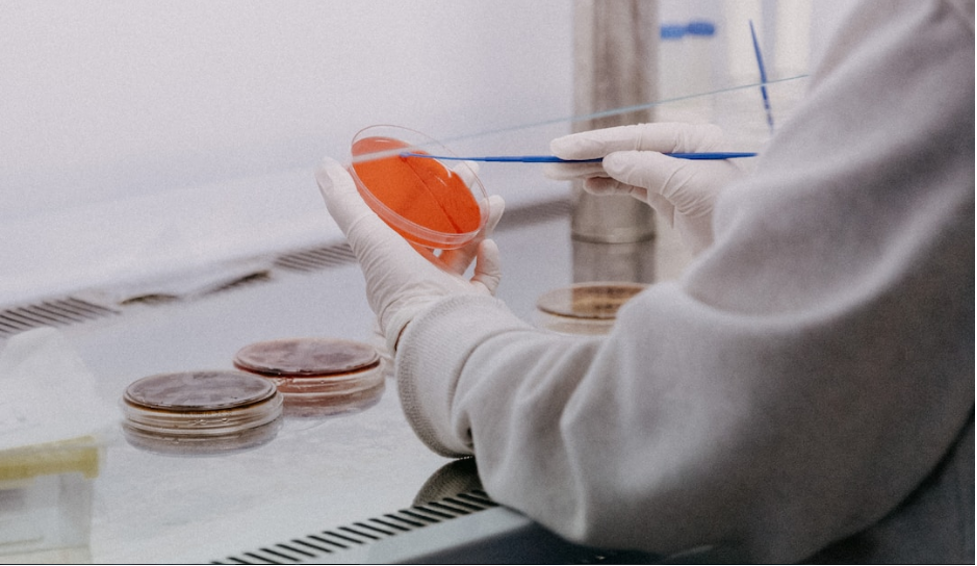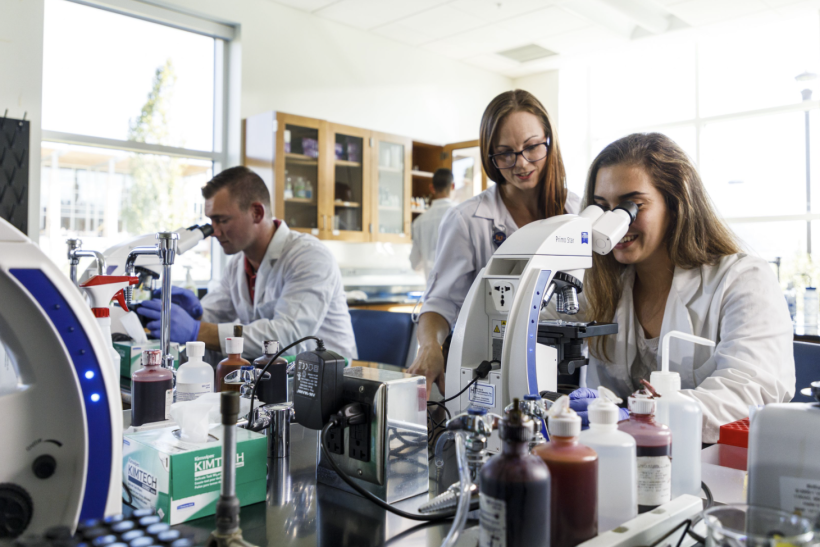The healthcare industry is vast and encompasses a variety of professions that play different roles in enhancing patient care. One of these critical roles is that of a medical laboratory manager, a profession vital in contributing to the patient’s well-being behind the scenes. A role often hidden from the public view, a medical laboratory manager organizes and executes rigorous lab tests that ensure patients are diagnosed accurately and treated appropriately. This sector of healthcare often goes unnoticed, yet its role is integral and highly fundamental to the effective operation of the healthcare system. This piece seeks to explore this integral role extensively. Keep reading to learn more.
The Significance of the Medical Laboratory Manager in Healthcare

Modern healthcare is interdisciplinary, encompassing several professions critical to effective functioning. Nevertheless, the role of a medical laboratory manager still remains under-acknowledged. It’s vital to know that these leaders provide an indispensable contribution to patient care. They oversee the process of performing tests on patient samples, whether it comes to diagnosing a disease, monitoring an ongoing health condition, or offering screenings for preventive measures. These professionals maintain the efficient operation of clinical laboratories, ensuring they deliver accurate and reliable results, becoming incredible assets in the healthcare sector.
Moreover, a proficient medical laboratory manager has superior knowledge in pathology, microbiology, and biochemistry, thereby having the ability to conduct and manage a broad range of lab tests. Such comprehensive knowledge facilitates the process of interpreting results accurately and observing any abnormalities, thereby offering a reasonable conclusion to physicians. Furthermore, staying abreast with the latest healthcare news allows these professionals to integrate innovative methods and technologies into the laboratory setting, improving the overall operational efficiency and patient care quality.
They also ensure safety standards and regulations are met, maintaining a safe working environment for the lab staff. In addition, medical laboratory managers handle administrative tasks such as budgeting, record maintenance, and staff management, among others. As such, their role is not confined to science but extends to include effective unit administration.
The Path To Becoming a Medical Laboratory Manager
The journey to acquire such a credible position in the healthcare sector involves rigorous study, gaining professional experience, and a lot of dedication. To commence, the majority of medical laboratory managers hold bachelor’s degrees in medical laboratory science. As more institutions offer this course, there has been a growing emphasis on the need for medical laboratory professionals. For example, students can opt for an online bachelor of medical laboratory science at the University of Cincinnati.
Following the completion of the bachelor’s course, many aspiring professionals choose to enhance their knowledge and managerial skills by pursuing a master’s degree related to healthcare management. Courses in these programs usually cover both medical and administrative aspects of healthcare, providing students with a broad understanding of the healthcare sector. Furthermore, accreditation and certification programs also exist for those keen on specialization or further validation of their managerial abilities.
The Future of the Medical Laboratory Manager Position

As healthcare evolves with technology, the role of medical laboratory managers will continue to be vital. Future trends indicate a rise in automated systems and artificial intelligence use in laboratories. In tune with these advancements, the laboratory manager’s role will evolve, too, incorporating these technologies into their workflow and leveraging them to enhance operational efficiency and improve patient diagnostics. They will continue to lead the innovation of technical procedures, set high standards for patient care, and continually strive for excellence.
Moreover, this role is not just about possessing significant medical and scientific knowledge but also about exemplifying excellent leadership skills. They act as role models for their staff members, impacting the work culture positively, leading by example, and fostering a supportive work environment. With such influential roles in the healthcare sector, the future is bright and promising for medical laboratory managers.
Laila Azzahra is a professional writer and blogger that loves to write about technology, business, entertainment, science, and health.
